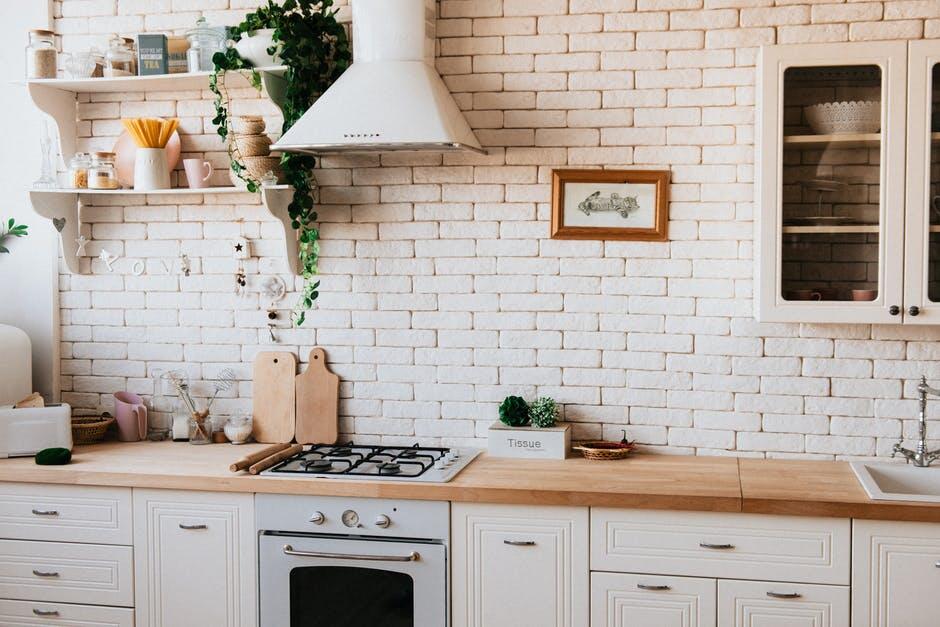A cleaning technician plays a crucial role in maintaining the cleanliness and efficiency of your kitchen. This is especially true when it comes to essential components like the hood exhaust.
The exhaust system is responsible for keeping the air clean and safe by removing smoke, heat, and grease particles that build up during cooking.
Regular maintenance is not just about cleanliness. It is vital for safety compliance. This is because it can ensure that the kitchen equipment functions at its best.
But how often should a cleaning technician visit your kitchen hood exhaust?
Here’s what you need to know.
Read on!
Frequency for High-Volume Restaurants
If you own or manage a high-volume restaurant, you’ll need to schedule visits from a cleaning technician more frequently. These kitchens typically operate continuously, with high levels of cooking oils, grease, and smoke being produced throughout the day.
This results in rapid buildup within the exhaust system. It can create a fire hazard if left unchecked. In most cases, a cleaning technician should inspect and clean your kitchen hood exhaust every 1 to 3 months. That way, you can stay ahead of this buildup and maintain safety compliance.
Consider the Type of Cooking
The type of food prepared in your kitchen also affects how often you should have the hood exhaust cleaned. Greasy foods lead to significant grease accumulation in the system. This can include:
- fried chicken
- bacon
- burgers
For kitchens where high-grease cooking is common, you may need monthly or even bi-weekly visits from a cleaning technician to ensure grease does not clog the:
- hood
- filters
- grease trap
Complying with Local Safety Regulations
Safety compliance regulations vary depending on your location. And, many require regular hood cleaning to prevent fire hazards. In some cities, restaurants must maintain strict cleaning schedules as part of their fire safety codes.
For example, a company offering hood cleaning services in Louisville might recommend quarterly cleanings to meet local fire safety standards and insurance requirements. Staying compliant ensures both the safety of your establishment and the peace of mind that your kitchen is up to code.
Grease Trap and Exhaust System Cleanliness
Beyond the hood exhaust, the grease trap and other components of the kitchen’s exhaust system need regular cleaning to prevent clogs and overflow issues. The grease trap captures and separates grease and oils from wastewater. This can happen before it enters the plumbing system.
If not maintained, it can lead to:
- unpleasant odors
- pest problems
- sewage backups
This can cause costly repairs and disrupt business. Routine cleanings of both the hood exhaust and grease trap can prevent these issues and ensure smooth operation.
The Impact on Kitchen Equipment Longevity
Regular visits from a cleaning technician don’t just improve safety-they also extend the lifespan of your kitchen equipment. Grease buildup and smoke residue can damage sensitive components in your exhaust system, reducing its efficiency and causing long-term wear.
A well-maintained kitchen exhaust system is more energy-efficient and less likely to break down, which is particularly important for high-volume restaurants. Scheduling regular cleaning helps you avoid unexpected equipment failures and reduces repair costs.
A Cleaning Technician Should Visit Your Kitchen Hood Exhaust Often
A clean kitchen exhaust system is vital for both safety and efficiency, especially in busy, high-volume restaurants. Regular visits from a qualified cleaning technician will ensure that your kitchen stays safe, compliant, and fully operational.
Whether it’s maintaining the hood exhaust, grease trap, or overall kitchen equipment, establishing a consistent cleaning schedule is key to long-term success in the food industry.
To read more, visit our blog page. We do have more!

